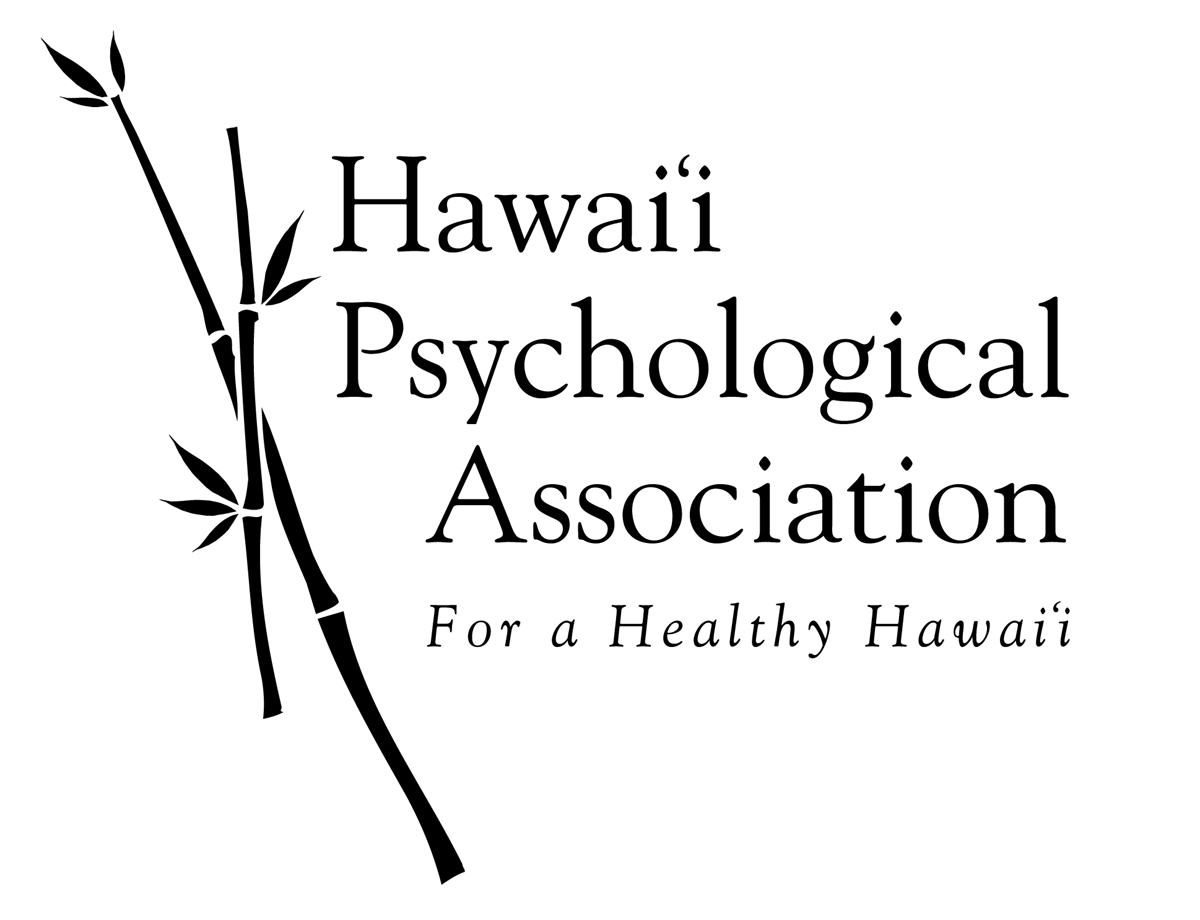ICD-10
HOME > ICD-10
Getting to ICD-10
DSM and ICD diagnosis codes are actually the same codes: the DSM is simply a guide to picking the right ICD code.
DSM-IV = ICD-9, and DSM-5 = both ICD-9 and ICD-10. This is because DSM-5 was published before the upcoming ICD-10 transition. If you have a copy of DSM-5, you will see both codes for each diagnosis: first the familiar DSM code (really ICD-9), then in grey type face the new ICD-10 code.
ICD changes do not affect CPT (procedure) codes. CPT is the code used to describe the treatment and/or diagnostic services provided.
DSM codes are ICD codes
ICD (International Classification of Diseases) codes are mandatory for third-party (insurance) billing.
Because the DSM lists most (not all) mental health ICD codes many providers believe that DSM and ICD codes are separate. They’re not: DSM is ICD. There is no list of DSM codes separate from ICD codes. Even if psychologists record DSM codes, payers recognize them as ICD-9-CM, the official version of ICD currently used in the United States.
DSM-5 utilizes some very different diagnostic strategies and definitions compared with DSM-IV. You may have to re-learn some familiar diagnoses along with the new codes. For example, Bipolar Disorders have been thoroughly redefined and labelled.
DSM-IV = ICD-9, and DSM-5 = both ICD-9 and ICD-10. This is because DSM-5 was published before the upcoming ICD-10 transition. If you have a copy of DSM-5, you will see both codes for each diagnosis: first the familiar DSM code (really ICD-9), then in grey type face the new ICD-10 code.
ICD changes do not affect CPT (procedure) codes. CPT is the code used to describe the treatment and/or diagnostic services provided.
DSM codes are ICD codes
